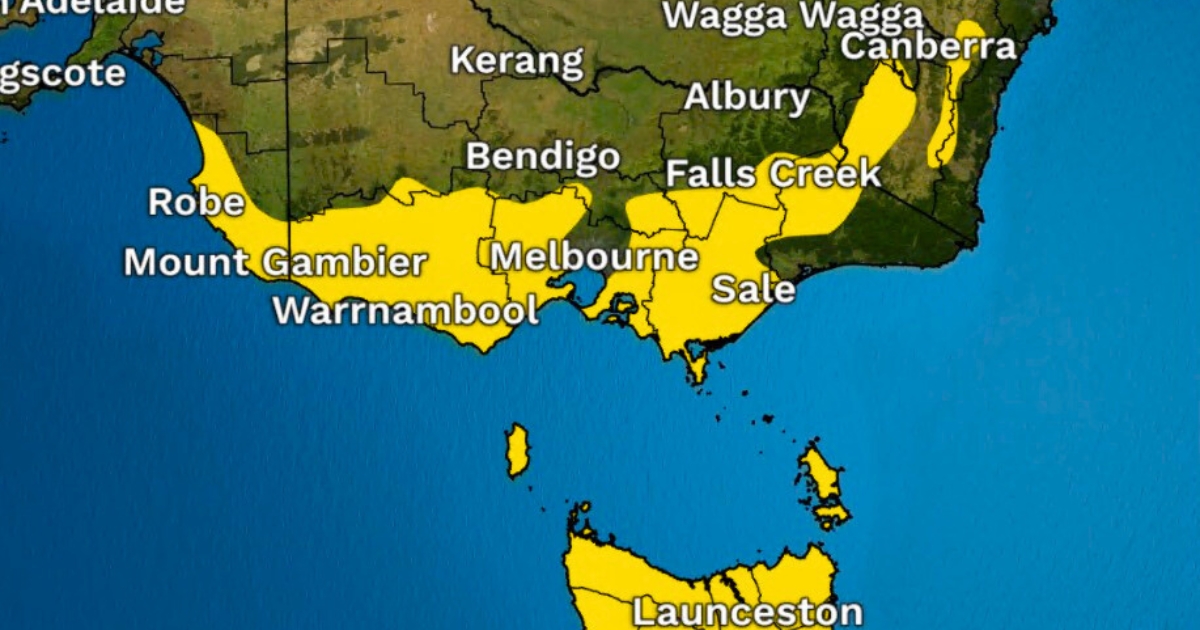Picking the best schnozzes to sniff out stinky pests
AUSTRALIA’S biosecurity detector dogs now have their noses honed on one of the nation’s most unwanted exotic pests, the brown marmorated stink bug (BMSB).
Head of Biosecurity, Lyn O’Connell, said the department was working with the University of New England to train the dogs to detect this serious pest in sea cargo.
“Detector dogs are a pivotal frontline defence against pests and diseases, intercepting around 60,000 biosecurity risk items at Australia’s international airports and mail centres in 2018,” Ms O’Connell said.
“We have strong measures in place offshore and at the border to manage the risk of this pest arriving here and we’ll soon have the best noses in the business on the job to enhance our efforts.
“In Brisbane, we are currently trialling the use of detector dogs for the screening of imported cars, this is a first for biosecurity in Australia.
“As BMSB hitchhike in sea cargo, the introduction of the dogs is another way that we can detect and stop this pest in its tracks.
“It is an example of how we can expand our existing detector dog capabilities to address current or emerging biosecurity risks.”
Further research will now be undertaken to support the training of new and existing detector dogs.
This will also allow the department to conduct rapid response training for existing dogs to help manage other seasonal or emerging pest and disease risks.
BMSB is a significant threat to Australia’s $12 billion horticulture industries because of the damage it can cause to vegetable crops, fruit and ornamental trees.
Between September and April each year there is an increased risk of BMSB arriving in Australia, so enhanced seasonal measures are implemented to address the biosecurity risk.
The introduction of detector dog screening for sea cargo is another innovative step the department is taking to keep this pest out of Australia.



















